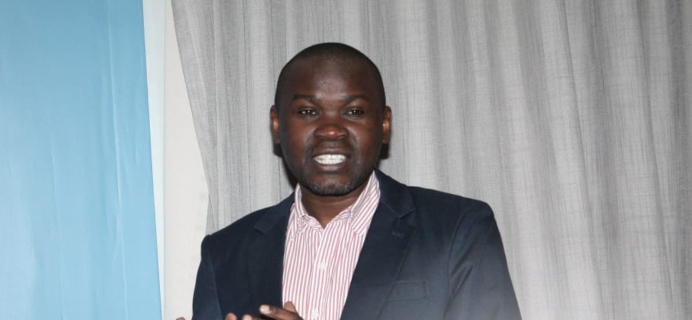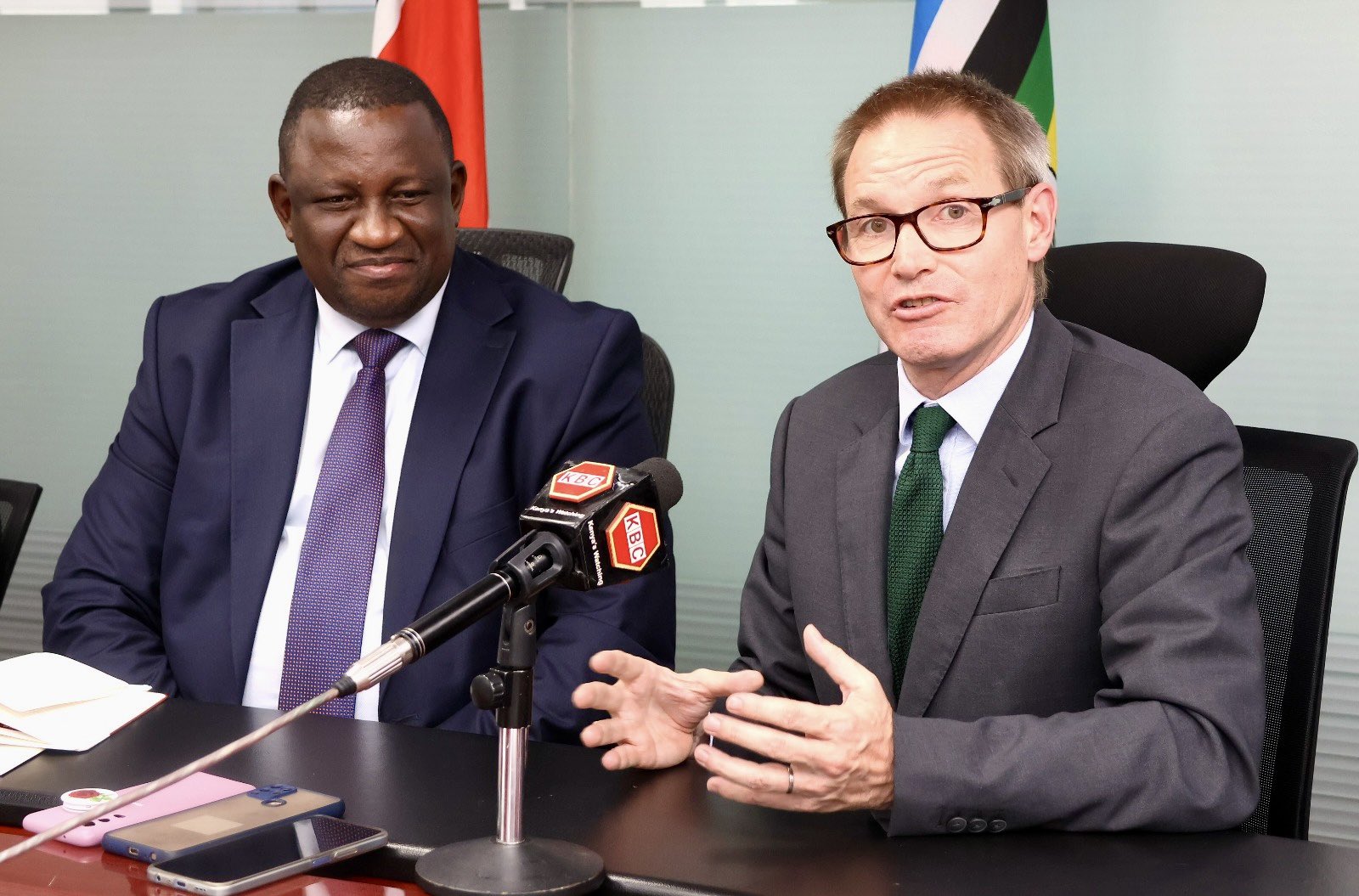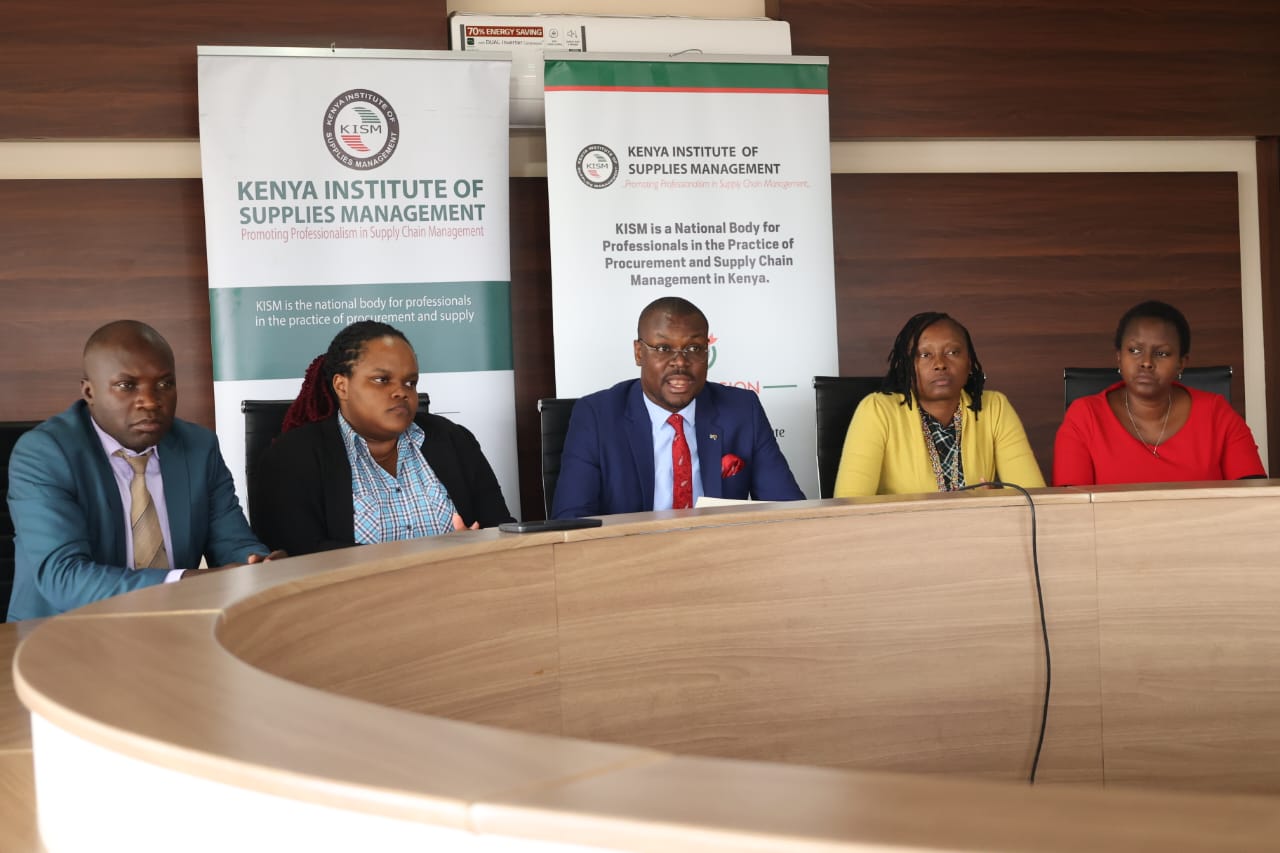By Eddah Waithaka
Advocates demand transparency as capitation slashed by KSh 900 million while children push for more resources.
Kenya’s 2024-2025 budget has sparked outcry after revelations that officials reduced primary school capitation funds, which are critical for free education, by KSh 900 million.
Meanwhile, children nationwide are calling for increased investments in their rights.
The cuts, flagged in the latest Budget Implementation Review Report, clash with recommendations from child participation forums where students prioritized education, school feeding programs, and infrastructure.
Meanwhile, development budgets saw a KSh 445 million increase, raising questions about the government’s commitment to child welfare.
“Budgeting for Children Is Non-Negotiable”
The National Treasury had directed ministries to adopt child-sensitive budgeting, citing Article 53 of Kenya’s Constitution and the UN Convention on the Rights of the Child.
Yet, the reduction in capitation meant to cover textbooks, teacher salaries, and classroom supplies, shifts the burden to parents already struggling with rising costs.
“When capitation drops, parents dig deeper into their pockets to keep kids in school. This worsens inequality,” said Nitori Kituma, Project Manager at Terre des Hommes Netherlands, part of the Joining Forces Alliance advocating for child rights.
Children’s Voices Ignored?
In public participation forums, children from 12 counties, including Samburu, Nyeri, and Makueni, demanded better education resources.
“They asked for roads and feeding programs, issues you wouldn’t expect from kids. But their needs are systemic,” Kituma noted.
Despite this, the State Department for Basic Education’s recurrent budget was cut, while KSh 160 million was allocated to “public participation projects” a move critics call ‘tokenistic’.
Read More On: https://africawatchnews.co.ke/inspector-general-urges-police-commanders-to-champion-reforms-combat-corruption/
Broken Targets, Broken Promises
Bonyo Elijah Don, the Director of Policy and Advocacy at World Vision, unveiled distressing evidence of systemic failures in education funding.
He highlighted that parents are effectively covering more than half of the operating costs of schools, an issue that starkly contradicts Kenya’s commitment to providing free basic education.
The root of this crisis lies in several structural challenges associated with education financing.At present, Kenya does not possess a comprehensive national database that tracks school budgets, which hampers the ability to identify the actual funding shortfall.
“We currently lack a system to consolidate all school financial plans,” Bonyo explained. This absence of data coincides with ongoing underfunding of the State Department for Basic Education’s five-year strategic blueprint.
He emphasized, “When budgets are reduced while performance targets stay the same, the system is bound to fail,” referring to a recent KSh 900 million cut in capitation funding.
To add to the complexity, the 2025 Economic Survey revealed a concerning disparity between enrollment figures and budget allocations.
Schools reported nearly 10 million children of primary school age, yet the national education budget was crafted based on a much smaller enrollment estimate.
“This discrepancy requires an urgent clarification from education officials,” Bonyo asserted.
Experts warn the cuts contradict Kenya’s program-based budgeting system, where funding aligns with set targets. “If you slash KSh 900 million, you must adjust outcomes. Otherwise, schools won’t meet their goals,” said a budget analyst at the event.
The Auditor General’s 2023 report had already exposed gaps in education spending, with enrollment figures exceeding budgeted numbers, a discrepancy still unexplained.
“The theme for this year’s Day of the African Child is ‘Budgeting for Children.’ Kenya must match rhetoric with action,” Kituma urged.
Civil society groups vow to dissect the final budget ahead of parliamentary approval this month.
Read More Stories At: https://africawatchnews.co.ke/







